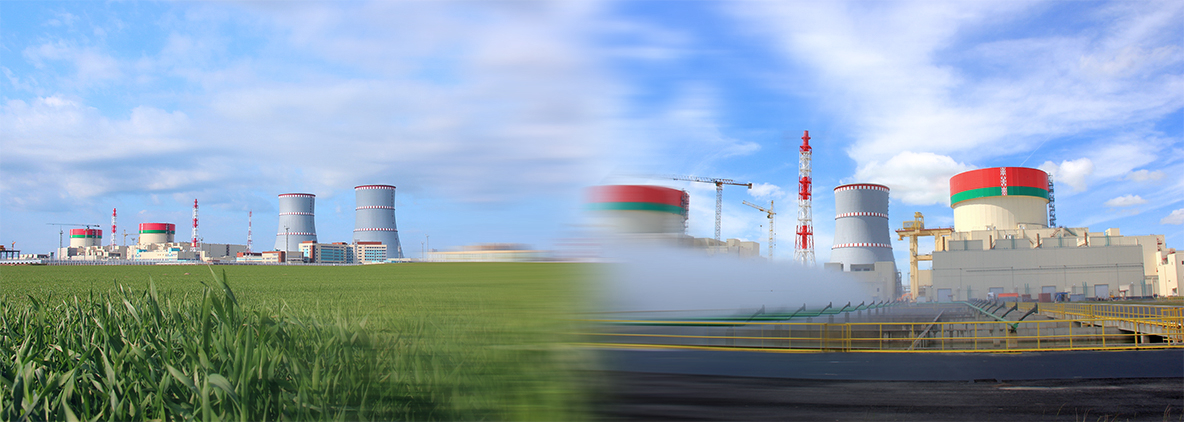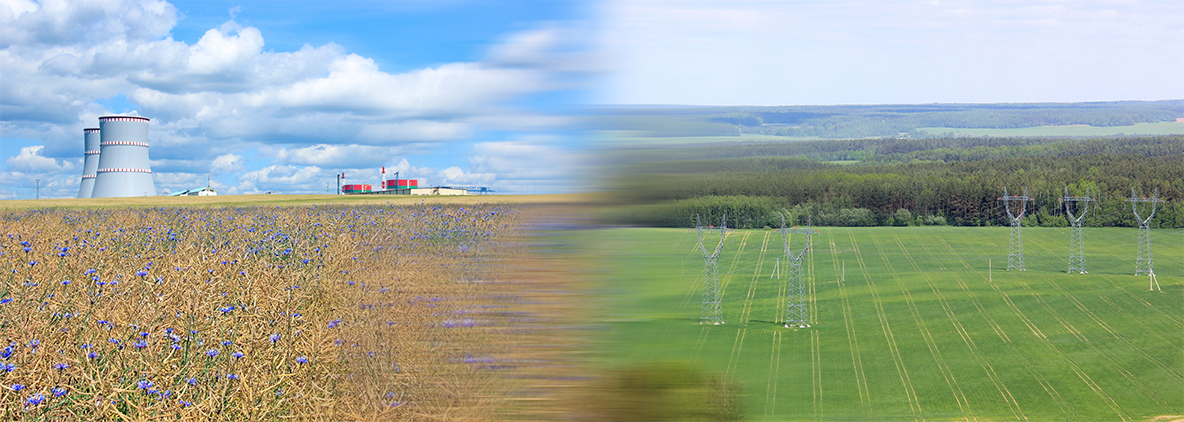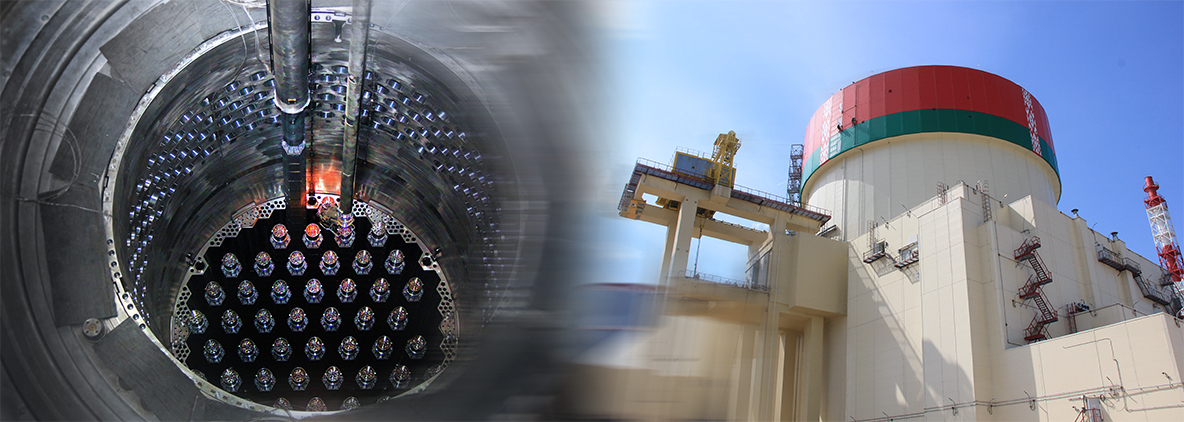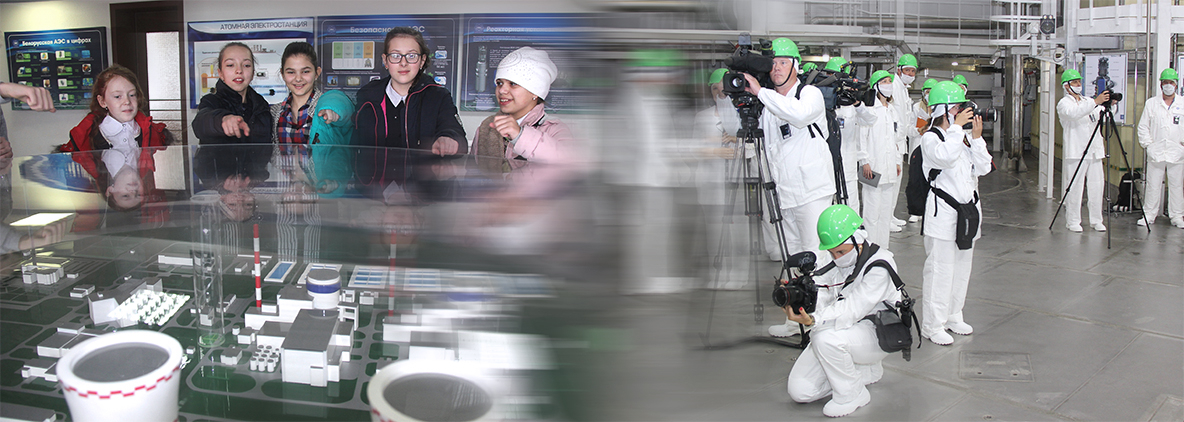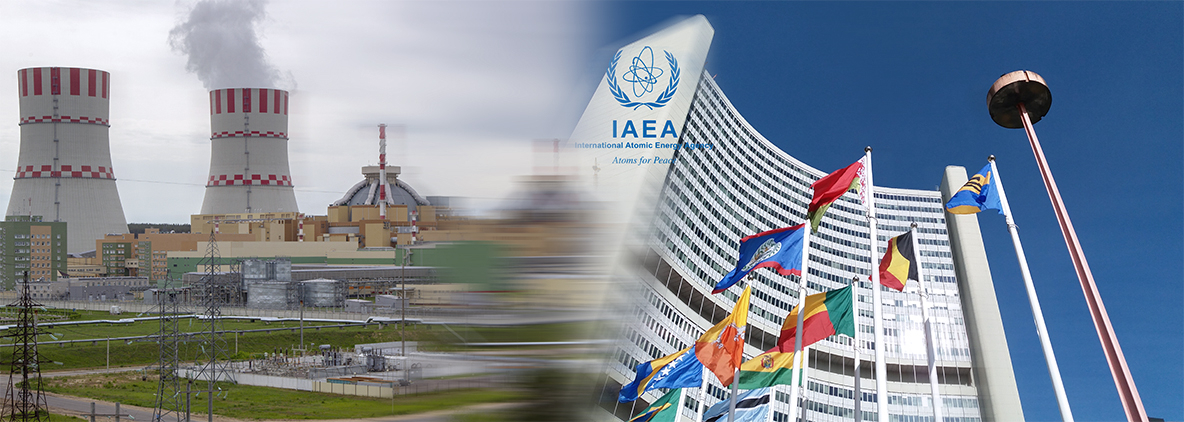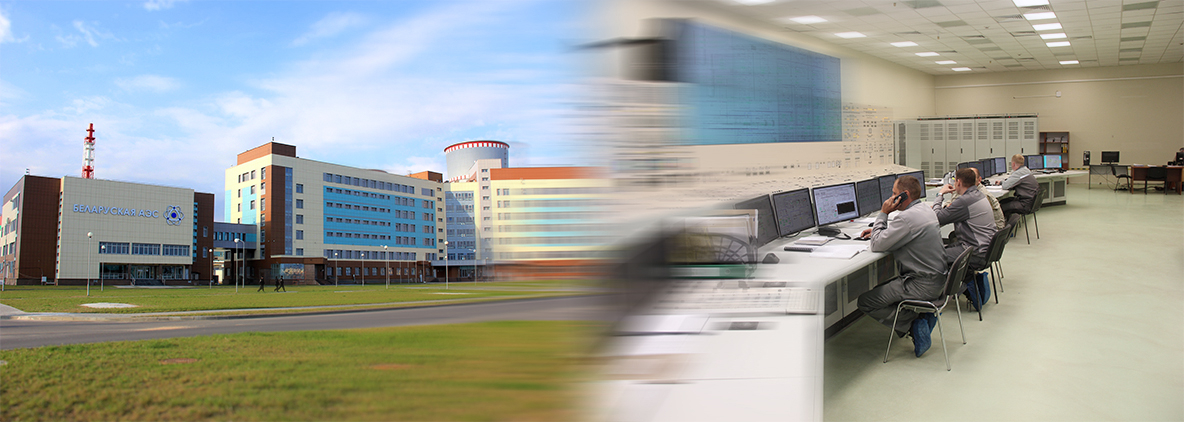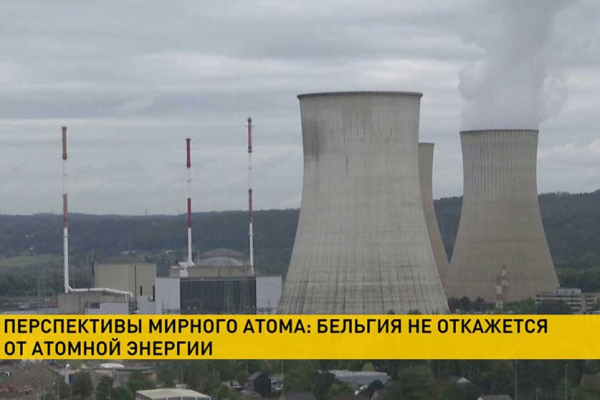In a small and densely populated area of Belgium, there are two nuclear power plants - they have seven nuclear reactors. Both were commissioned back in 1975 and since then have been the main elements of the power supply in the state. They are capable of generating about six thousand megawatts of electricity, which is 55% of all the country's needs.
Taking into account such a significant contribution of nuclear power plants to the national energy system, even despite the physical aging of the plants, their service life increased several times. The last time representatives of the IAEA conducted a large-scale inspection of the plants in 2015, gave a positive conclusion, and the Belgian authorities extended the operation of the reactors for another 10 years.
Nevertheless, nuclear scientists continue to face certain pressure, primarily from neighbors - from the cities of Germany, the Netherlands and Luxembourg, near the borders the stations are located. First of all, the activists tried to achieve the closure of the block at the Belgian Tiange plant. According to their data, hundreds of microcracks were found on the walls of the reactor tank. The plant representatives claimed that this is how hydrogen flakes look like and this does not jeopardize the safety of the station in any way. The court proceedings, which lasted several months, ended in favor of the nuclear scientists. The Belgian court decided not to shut down the power unit.
The Belgian Nuclear Forum, which discusses the prospects for a peaceful atom, presented a case study arguing that 83% of Belgians surveyed believe that nuclear energy should remain in the national energy structure. At the same time, half of the respondents are in favor of the stations remaining in operation after 2025.
Although, neither the desire for a green economy, nor the common European desire to create a carbon-free environment in the EU by 2050 are still not the main arguments for nuclear energy. The Kingdom's need for nuclear power plants is so obvious that their decommissioning will lead to a real threat of power shortages. It will not be possible to replace the drop-out volume with wind farms or solar panels in the near future. Europe refuses coal stations, gas ones require impressive investments.
In the coming years, the Belgian authorities will have to make difficult decisions about the balance between environmental laws, the calls of the green and other influential political parties, and the requirements related to a stable energy supply to their territory, that is, the work of the economy. Against the background of the coronavirus crisis and deteriorating social and economic indicators, the issue of abandoning nuclear energy may take a completely different outcome.






